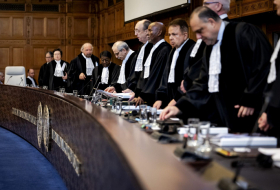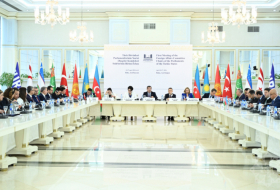From Tanzania’s Serengeti to Ecuador’s Galápagos Islands, rare and endangered species are threatened by the illegal wildlife trade, which is estimated to be worth £15bn globally, according to the report.
Poaching of species such as elephants, rhinos and tigers has been reported at least 43 world heritage sites, and the illegal logging of high-value timber such as rosewood and ebony at 26 sites. Illegal fishing has been reported in 18 of the world’s 39 marine and coastal world heritage sites.
Harvesting species protected under international law, from snow leopards to pangolins, is also a significant problem and occurs in around 50% of African, Asian and Latin American sites, the report said.
Natural world heritage sites are home to a third of the world’s remaining tigers and 40% of all African elephants, and in some areas they are the last refuge of critically endangered species such as the Javan rhino.
Loss of species and habitat through illegal activity such as logging also threatens the services world heritage sites provide to local people, from tourism jobs to clean water. Deforestation also has an impact on the planet as a whole by increasing carbon emissions.
Chris Gee, the head of campaigns at WWF-UK, said: “Even the wildlife living in places which should benefit from the highest levels of protection is suffering at the hands of criminals.
“Not only does this threaten the survival of species, but it’s also jeopardising the future heritage of these precious places and the people whose livelihoods depend on them.”
He called for a united front from the convention on international trade in endangered species (Cites) and the world heritage convention to tackle the illegal wildlife trade.
“Next year London will host the 4th illegal wildlife trade conference. The UK government must bolster efforts to support the end of this devastating trade,” he said.
“Now is not the time to drop the ball on this issue. These findings show that for the future of many of our most endangered species it’s a matter of life and death.”
Inger Andersen, the director general of the International Union for Conservation of Nature (IUCN), said: “Illegal wildlife trafficking robs the world of its natural heritage, threatens local communities and hampers global efforts to reduce poverty.
“This report is a sobering reminder of just how far this type of organised crime can reach, extending even into the supposed safety of world heritage sites.
“This is a global challenge that can only be tackled through collective, international action.”
/Guardian/
More about: #WildlifeTrade
















































